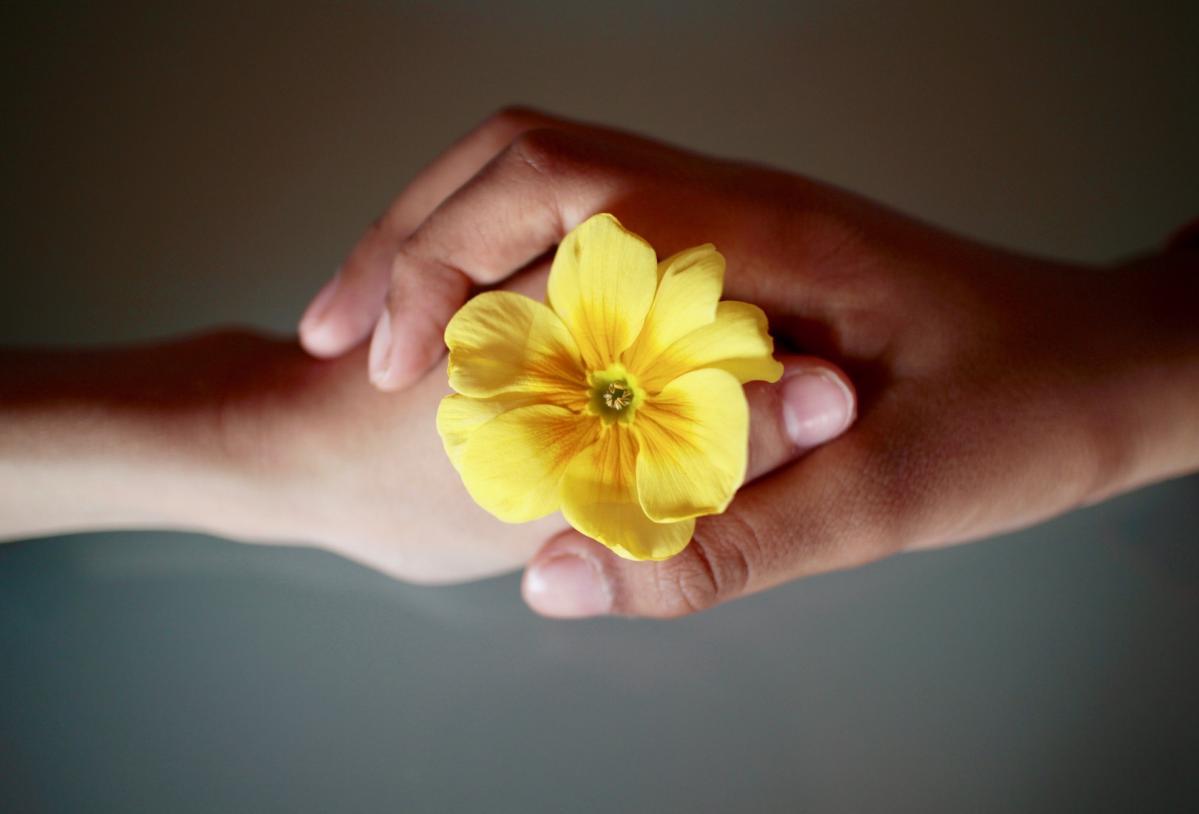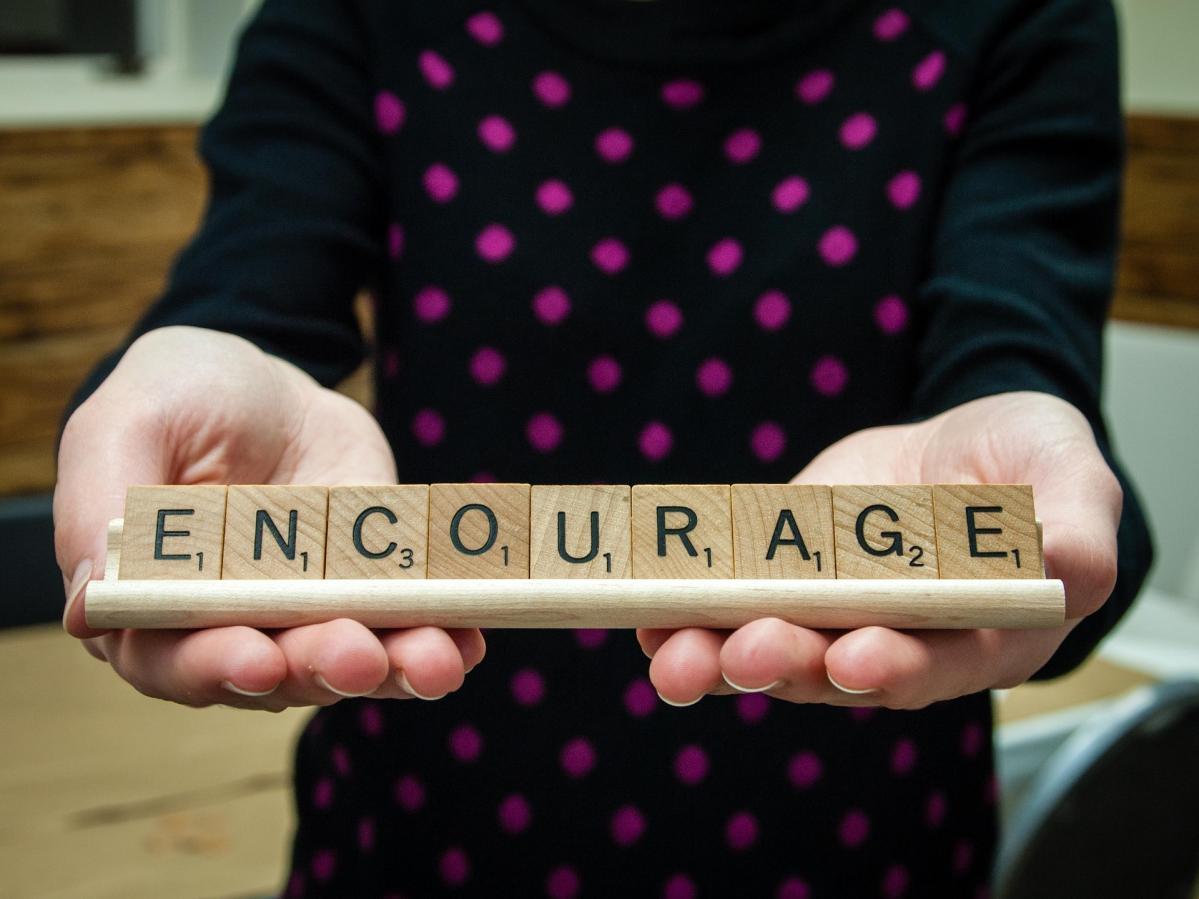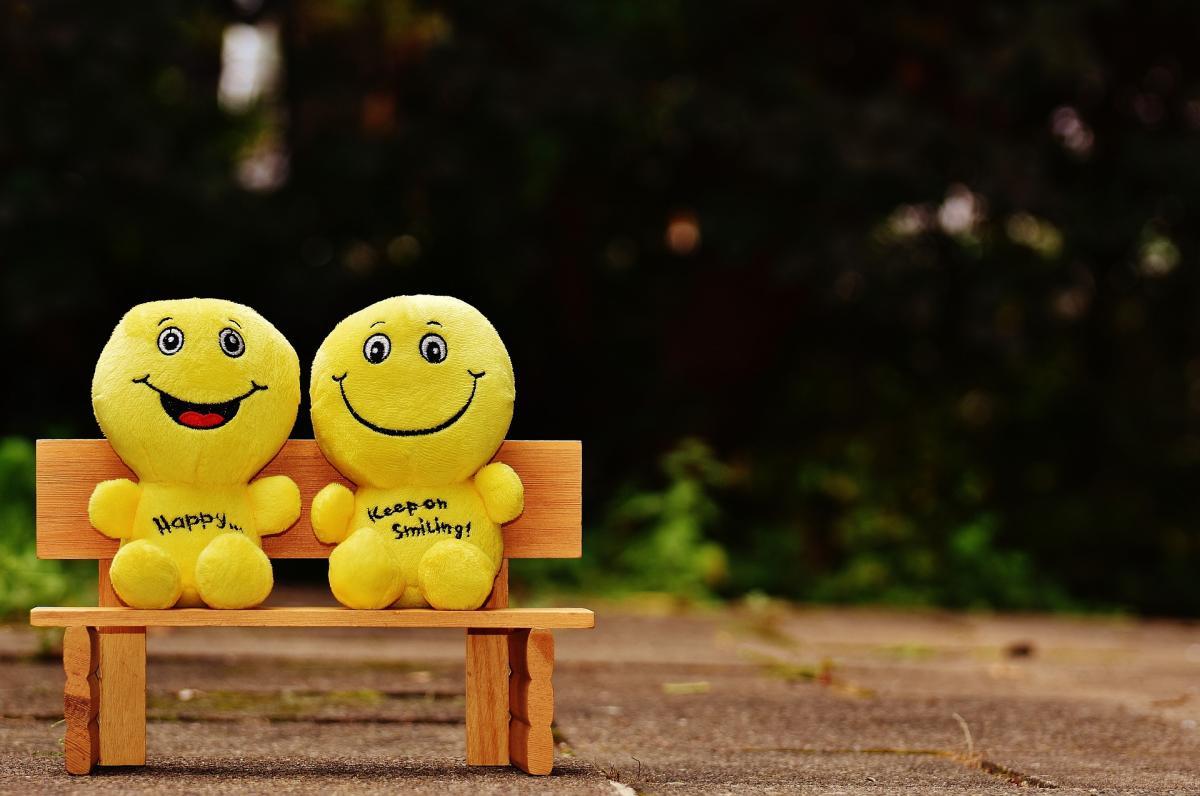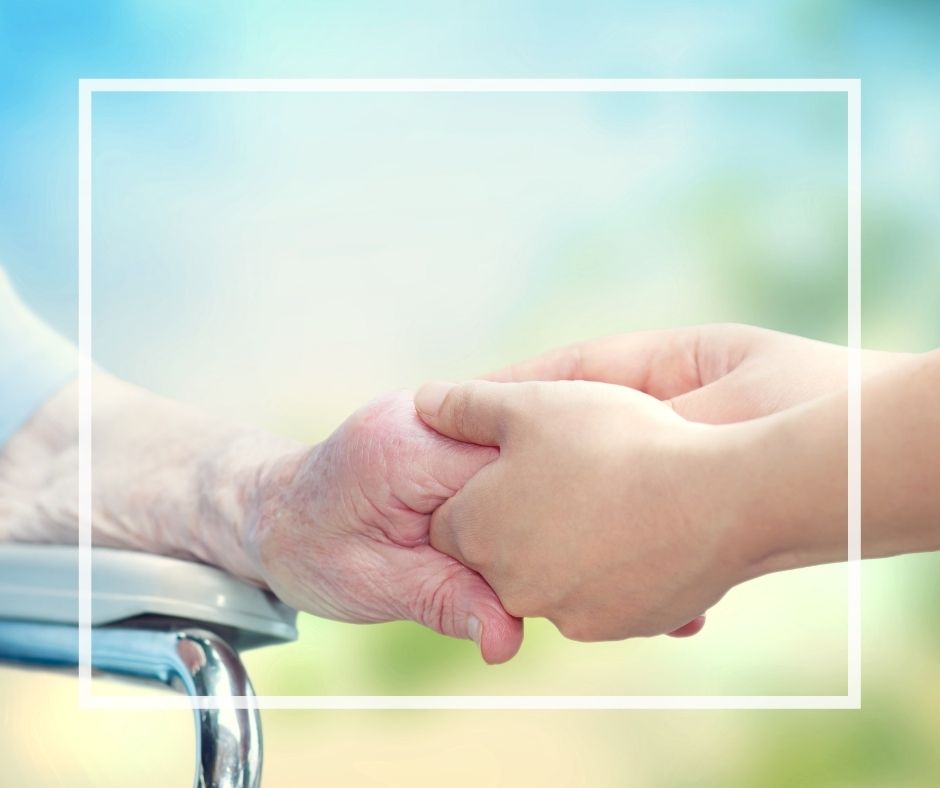Practicing gratitude and positive thinking is an essential part in living a happier life. Gratitude is not only the greatest of virtues but the parent of all the others.
According to Harvard Health research, gratitude helps you “feel more positive emotions, relish good experiences, improve your health, deal with adversity, and build strong relationships.”
One of the best ways to practice gratitude is by doing simple acts of kindness towards other people. When you’re being kind to others, you’re not the only one who’s giving away something. In fact, you are getting a lot, if not more, in return.
Drs. Sreenivasan and Weinberger wrote in Psychology Today that being aware that you’re being kind to others heightens the sense of your own good fortune. It also makes you feel more connected to others.
“When you feel connected with others, you lessen alienation and you enhance the sense that we are more similar than dissimilar in our experiences. Feeling connected melds us together rather than divides us. Kindness is potent in strengthening a sense of community and belonging.”
They also cited a research saying that compassion and kindness has the power to reduce stress, boost the immune system, and help reduce negative emotions such as anger, depression, and anxiety.
Dr. Gala’s Quick Take
Yes, you can live a happier life by practicing gratitude and positive thinking, as these practices boost positive emotions, improve health, and strengthen relationships. Simple acts of kindness towards others not only benefit them but also enhance your own sense of well-being and connection.
You will learn more about the remarkable benefits of practicing gratitude in this post.
Here are 10 simple acts of kindness for practicing gratitude and positive thinking that you can use to live a happier life.
1. Tell someone how much they mean to you.

Telling someone how much they mean to you is just a simple act of kindness but it goes a long way to cultivate positivity and happiness around you. Once a person knows how much you appreciate them, it opens up new relationship opportunities. It removes the insecurity that often becomes a hindrance in building relationships, and eventually makes you a happier individual.
Now, communicating your feelings doesn’t always have to be verbal. Your actions are also an indication of your feelings.
Dr. Gary Chapman, author of The Five Love Languages, says that humans show love in five different ways – words affirmation, acts of service, receiving gifts, quality time, or physical touch. According to him, if you want to make sure your message has the desired effect, you have to choose a love language that the other person can understand and appreciate
2. Show respect for those around you.

Respect begets respect. This is a famous Bible teaching. Love your neighbor as you love yourself.
An Entrepeneur.com article says that if we want to be treated with the same level of courtesy we expect to receive, we have to smile, show kindness, exhibit patience, and listen.
Doing random acts of kindness goes a long way. And you don’t only do it because someone did it for you and you want to repay back their kindness. You do it without expecting to receive the same kindness from the same person. Once you do show respect to someone, it will have a ripple effect. Pay it forward.
Maybe you can start by doing simple things like holding the elevator door for someone or just washing dirty dishes at the sink when you’re in the office.
3. Do something unexpected for someone.

Have you ever received something nice … unexpectedly? Maybe an unexpected gift or an unexpected gesture. Probably a hug out of nowhere. Or just a sweet smile from someone you’re not expecting to smile at you. What a great feeling, right?
Try doing that to someone and see how your surroundings will light up. Once you decide to do this act of gratitude, you will begin spreading positivity and happiness around you.
4. Give hope and encouragement to someone in need.

Giving hope and encouragement is one of the most life-changing gifts you can ever give to someone. Imagine yourself trapped in a dark and scary tunnel without knowing where to go. And then suddenly, you see this tiny flicker of flight in the distance indicating where you need to go and what you need to do to get to that light. That is your hope. That is your encouragement.
“Hope is often the only thing between man and the abyss,” says Dr. Dale Archer in Psychology Today “As long as a patient, individual or victim has hope, they can recover from anything and everything.”
5. Improve your relationships by not taking loved ones for granted.

Have you ever been taken for granted? It hurts, right? Being taken for granted is probably one of the worst experiences anyone could ever have. Sadly, this is a very common thing occurring in different types of relationships. This often results in poor or failed relationships, sadness, and depression.
If you want to create your own happiness, it is important that you put your premium self into your relationships. You don’t need to do anything grand to show someone that they’re not taken for granted. You can start by giving compliments, helping them with their chores, showing your appreciation when they did something right … just simple gestures that tell them you are there for them. That’s one way of practicing gratitude.
6. Don’t complain.

In our world, complaints are part of our daily grind. No matter where we are, no matter what we do, people always find something to complain about. The traffic is so slow … the weather is too cold … the meeting place is too far … the line is too long.
It’s always tempting to complain when things don’t go our way. But DON’T.
Steve Parton, an author and student of human nature, explains in Psych Pedia that complaining negatively alters your brain and has negative effects on your mental health. In fact, he says complaining literally kills.
“Pointless complaining about impermanent things … causes stress,” he says. “Chronic stress and elevated cortisol levels also increase the risk of depression, mental illness, and lower life expectancy.”
Instead of complaining, focus on practicing gratitude. Not complaining at all is already an act of kindness. Imagine the impact that will make to the other people around you.
Dhylles Davis of Everyday Power writes, “We can all be more grateful for life by realizing life is extremely short and people are dying every second of the day and it is not you. You can be grateful by looking around you to those who are disabled or going through all forms of illness that may lead them to only have a limited time left in this world to live.”
7. Say thanks even for negative things in your life.

It’s so easy to say thank you when all is right with the world. But once life hits us hard, it’s a different story.
But did you know that practicing gratitude helps us cope with the negative things we have to deal with?
“Thanking others, thanking ourselves, Mother Nature, or the Almighty – gratitude in any form can enlighten the mind and make us feel happier,” writes Madhuleena Roy Chowdhury in Positive Psychology. “It has a healing effect on us.”
8. Clean up after yourself, both in public and in private.

Have you ever been with someone with an entitlement mentality? These are people who think privileges are rights. They always expect someone to clean up after them or do things for them.
However, if you want to create your own happiness, there is no place for an entitlement mentality. You have to clean up after yourself, whether you are in public or private.
According to The Muse, cleaning up after yourself is a simple act of kindness that symbolizes your respect for other people’s space and your appreciation for other people’s efforts to keep the communal space clean.
9. Notice what is going right in life instead of what is going wrong.

We have a tendency to focus more on the things that are wrong in our lives and overlook those that are going right. And we can’t help it. That’s human nature. However, dwelling too much on the negative things will cost us our own happiness. The good news is, we can do something about it.
“While we can’t ignore bad news, we can train our brains to become more alert to good information,” writes Ellen Gibson of Oprah.com. “When you notice a positive detail in yourself or someone else, or in your environment, try savoring it for at least 10 seconds.”
Minda Zetlin, the co-author of The Geek Gap, gave a few reasons why it’s better to focus on what’s going right in life instead of what’s going wrong. She told Inc. that aside from giving you better momentum, you will have a more accurate view of things. But more importantly, it will make you happier.
10. Listen, truly listen, to people.

Have you ever encountered people who don’t seem to pay attention to you while you’re talking to them? Did you feel hurt? Insulted even?
“It’s really unsettling when you share something with someone and you can’t tell if they’re even paying attention,” says Dr. Susan Heitler, a Denver-based clinical psychologist and author of The Power of Two. “It can make you feel vulnerable, exposed, judged, or ignored.”
Practicing gratitude involves showing simple acts of kindness to others by listening genuinely to others. Dr. Stephen Covey, the author of the 7 Habits of Highly Effective People, calls this empathic listening.
He says, “If I were to summarize in one sentence the single most important principle I have learned in the field of interpersonal relations, it would be this: Seek first to understand, then to be understood.”
This is true in every area of our lives.
Practicing gratitude and positive thinking helps in overcoming stress and anxiety
There are a lot of things that we can do to enjoy our life here on earth, but practicing gratitude and positive thinking are two of the most important things that you can do to create your own happiness. It will help you overcome stress and anxiety, which most of us will have to deal with every single day.
Practicing gratitude and positivity should not be that hard. We just need to start by doing simple acts of kindness towards each other. Once we get started, it will build up, and little by little, we will realize that we are living a happier and more fulfilling life.
“If you came into my office, I’d ask you a lot of questions that would help us connect the dots … so that together we can deal with your toxic stress.
Every situation is unique and you need a plan that works for you. Not a one-size-fits-all solution.
If you’re thinking you can’t come into my office, don’t worry. I’ve created a program with all of my initial recommendations to help you unravel the mystery. You can use it at home and at your convenience.
So if you’re thinking that managing chronic stress just isn’t possible … or even the answer … for you, I want to show you what you may be missing.
And how you can identify the toxic stressors that are creating your symptoms with my Human Energy System Reboot. You can get started HERE.” – Dr. Gala







